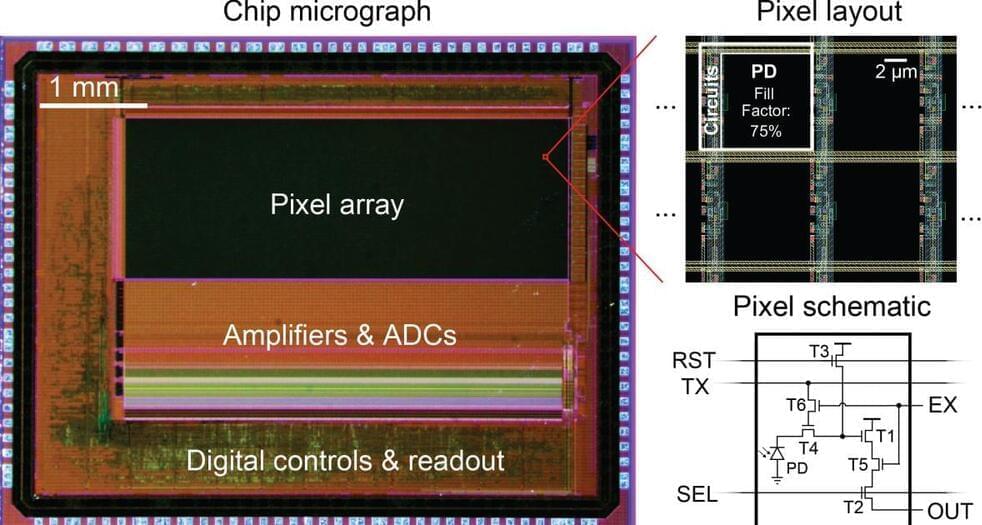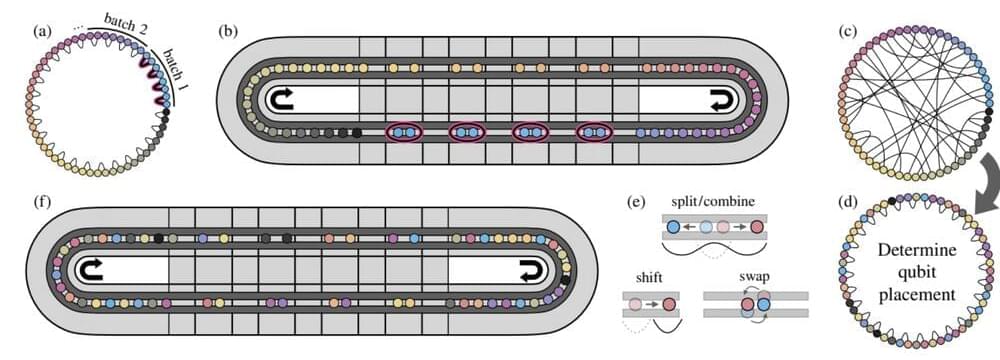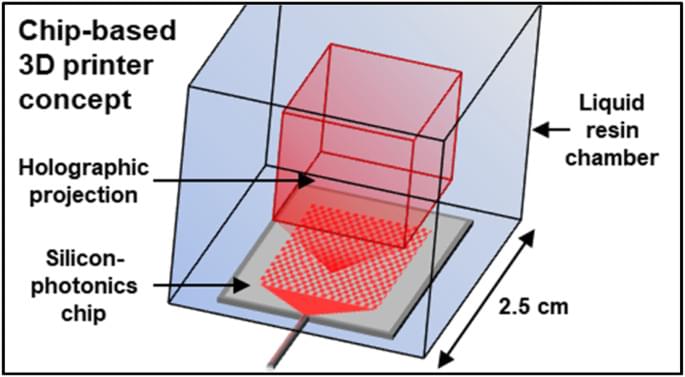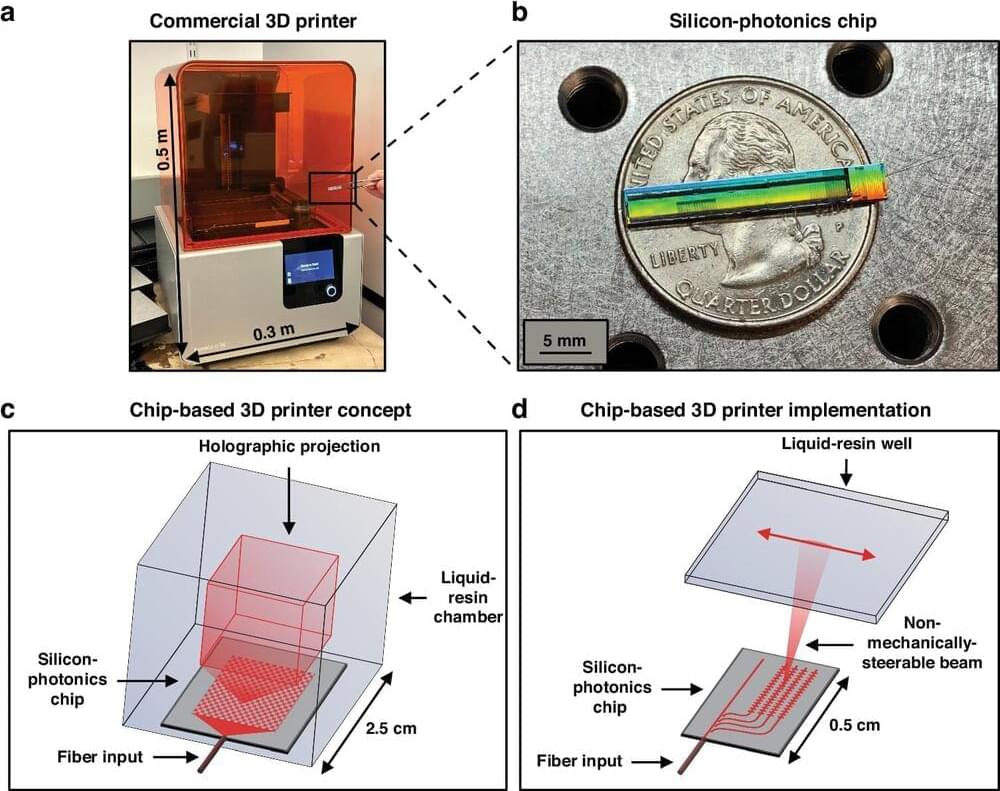New camera chip design allows for optimizing each pixel’s timing to maximize signal to noise ratio when tracking real-time visual indicator of neural voltage.



Neuromorphic photonics is an emerging computing platform that addresses the growing computational demands of modern society. We review advances in integrated neuromorphic photonics and discuss challenges associated with electro-optical conversions, implementations of nonlinearity, amplification and processing in the time domain.
When element 61, also known as promethium, was first isolated by scientists at the Department of Energy’s Oak Ridge National Laboratory in 1945, it completed the series of chemical elements known as lanthanides. However, aspects of the element’s exact chemical nature have remained a mystery until last year, when a team of scientists from ORNL and the National Institute of Standards and Technology used a combination of experimentation and computer simulation to purify the promethium radionuclide and synthesize a coordination complex that was characterized for the first time. The results of their work were recently published in Nature.

For every kilogram of matter that we can see—from the computer on your desk to distant stars and galaxies—there are 5 kilograms of invisible matter that suffuse our surroundings. This “dark matter” is a mysterious entity that evades all forms of direct observation yet makes its presence felt through its invisible pull on visible objects.
Vortices are a common physical phenomenon. You find them in the structure of galaxies, tornadoes and hurricanes, as well as in a cup of tea, or water as it drains from the bathtub.

Actually, nothing is wrong with it if you are a computer science major. It’s just that it has no place in the philosophy department.
From the point of anyone wanting to work in natural language, symbolic logic has all of the vices of mathematics and none of its virtues. That is, it is obscure to the point of incomprehensibility (given the weak neurons of this English major at any rate), and it leads to no useful outcome in the domain of human affairs. This would not be so bad were it not for all those philosophy major curricula that ask freshmen to take a course in it as their “introduction” to philosophy. For anyone looking to explore the meaning of life, this is a complete turnoff.
What were the philosophy mavens thinking?


Neuralink is onboarding patients in the UK in preparation for potential clinical trials amid a Brain-Computer Interface (BCI) boom.
